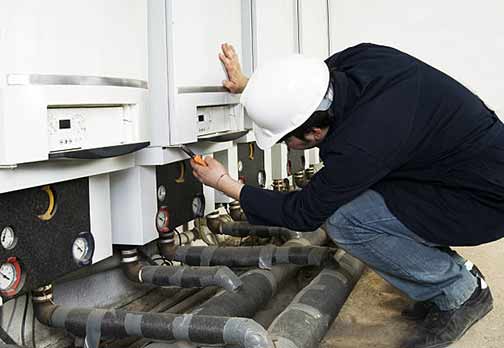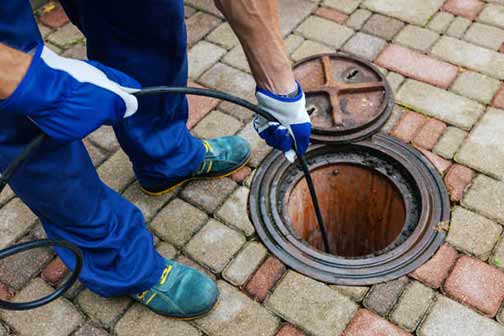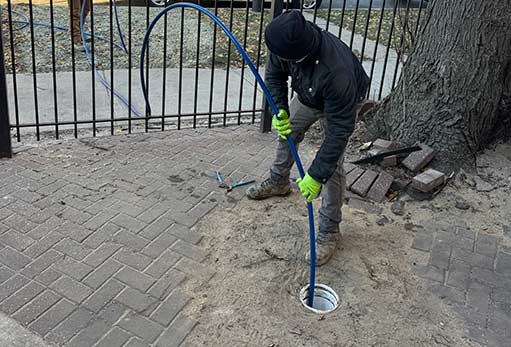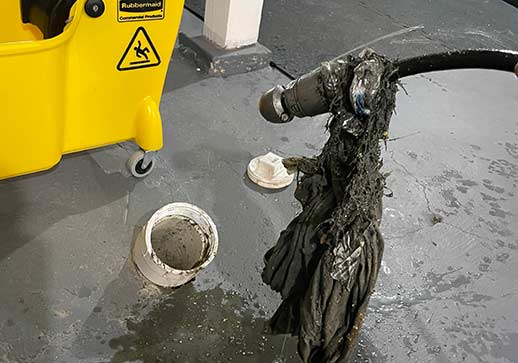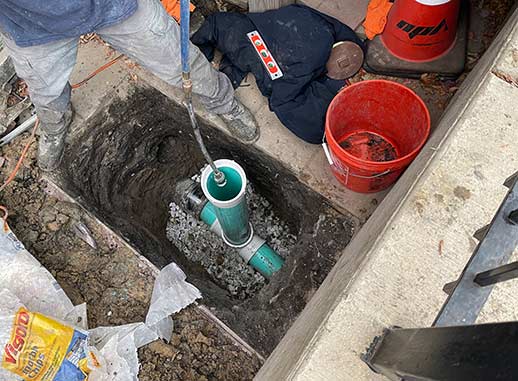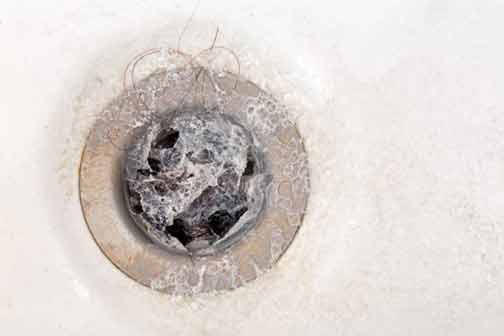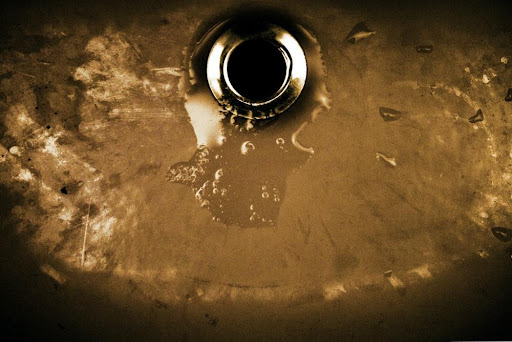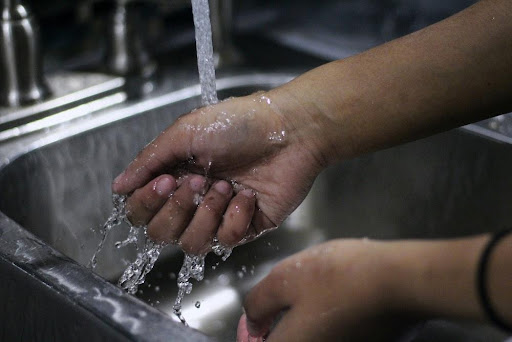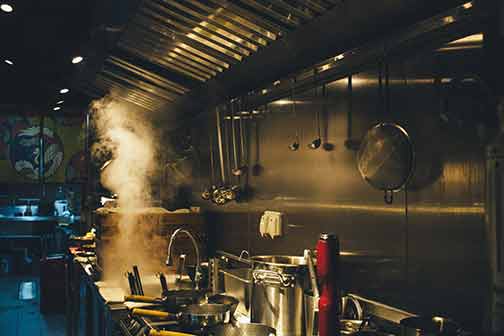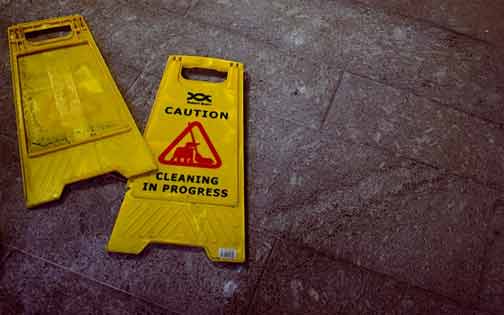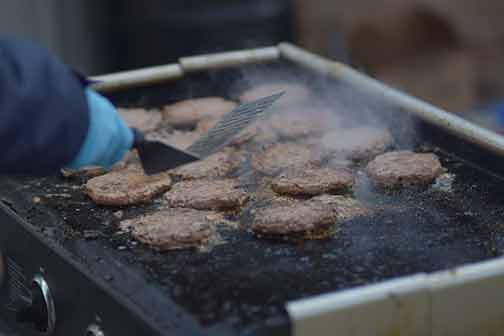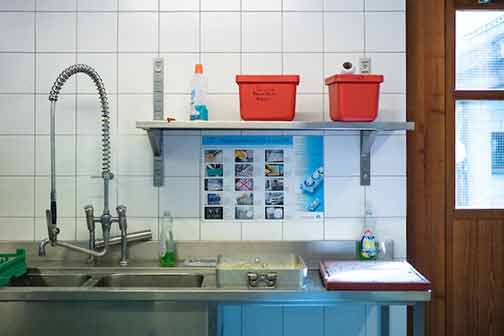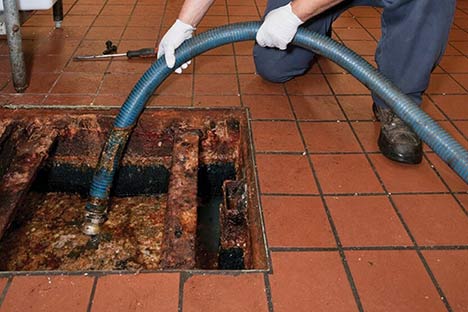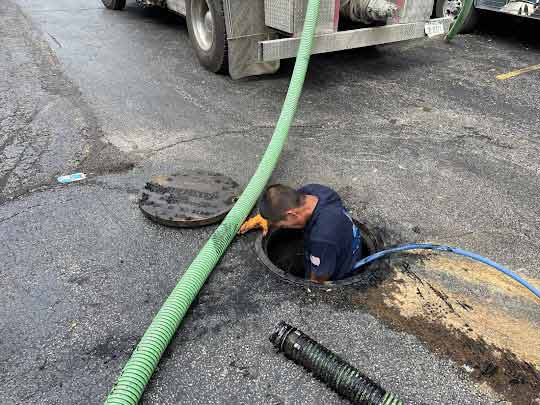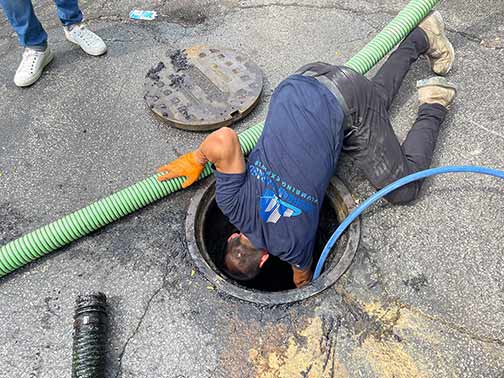
According to McKenna & Vane Management, Drain clogs are a huge issue in commercial buildings because of the large number of people using the building’s plumbing systems.
Commercial plumbing systems are also more likely to be abused because the users are often not financially responsible for any problems in the system.
Consequently, the customers and staff of the business often treat the plumbing in ways they won’t treat their home’s plumbing.
Furthermore, the impact of drain clogs in a commercial building is worse than their impact on a home. Beyond the inconvenience it causes, it can hurt the reputation and profits of a business.
As a business owner or the operator of a commercial building, it is in your best interest to minimize the incidence of clogs in your commercial plumbing system.
Clogged drains impair the operations of your business and impede staff productivity. Here are 6 strategies to prevent clogs in your plumbing system.
6 effective strategies for preventing clogs in commercial drains
Set ground rules for how the drains should be used
The number one cause of drain clogs in your plumbing is people. If you find a way to get control of this one factor you can significantly reduce the frequency of drain clogs. One way to do this is to establish usage guidelines for all the drains in your building.
Educate your staff on the things they should not do to the plumbing. Post a list of easy-to-follow rules in prominent places, for both staff and visitors. At a minimum, these rules should include the following:
- Do not wash fats, grease and oils into the drains
- Do not flush feminine hygiene products, condoms, paper wipes/towels, etc. into the toilet
- Only human waste, toilet paper and water should go into the toilet
- Do not dump sticky/starchy substances or materials that congeal/coagulate down the drains
- Water-absorbent materials like rice, bread or mashed potatoes should not go into the drains
- Do not flush solid waste or caustic materials into the drains
Install drain strainers and drain traps
If it is possible to install drain filters on sinks and floor drains, you should do it. Strainers act as your first line of defense against drain clogs by trapping food particles, strands of hair and other materials that will clog the drains if they pass through the drain opening. Depending on the size of the filters, it can even keep soap scum out of your drains or at least reduce the amount that enters the pipes. Drain strainers are cheap and easy to install and maintain.
Inspect your drains on a schedule
Routine monthly inspection of the drainage system offers you the best chance to catch problems early before they cause a plumbing emergency in your building. Even with the best rules, people will still misuse your drains. Inspections help you counteract this abuse. Once a month, you want the pipes – u-bends and traps – taken apart and checked for excess buildup. At least once a year, you also want to have a professional plumber perform a camera inspection of your main sewer line. These small steps will save you thousands of dollars.
Flush your drains weekly
Regular hot water flushes – pouring hot water down your drains – helps to dissolve and loosen any material stuck inside the pipes. Before pouring hot water into plastic drainpipes, talk to a professional plumber. Cleaning drain stoppers and strainers once a week can also help to prevent drain clogs. Minor clogs in the plumbing can be cleared with a plunger, but you must know the right kind of plunger to use for the different drains in your building. Sinks plungers are for sinks while flange plungers and accordion plungers are for toilets.
Follow a strict drain cleaning schedule
The best time to deal with drain clogs in your commercial plumbing system is before they happen. The way to ensure you don’t have clogs in your plumbing is to clean the pipes regularly. You cannot stop buildup from happening inside your drainpipes. However, with regular drain-cleaning, you ensure that buildup does not progress to drain clogs and blockages. Every six months you want to have the drains professionally cleaned by a commercial drain cleaning service. The recommended drain cleaning methods for the best results are Hydro jetting and sewer rodding.
Avoid chemical drain cleaners
Chemical drain cleaners weaken the pipes in your drainage system, making them more susceptible to damage. Moreover, chemical drain cleaners don’t clear the clogs inside your drains. They merely burn a hole through the blockage, to restore the flow of water, while leaving the rest of the clog intact. If you need to use drain cleaners in your drains, antimicrobial treatments or enzymatic cleaning solutions are better. To help you choose the best options, you may want to speak with a reputable commercial plumber.
Finally, before trying to implement these strategies it is a good idea to have a qualified plumber do a thorough assessment of your building’s plumbing. This will give you a clear idea of where things stand and what needs to be done to keep the system functional.

